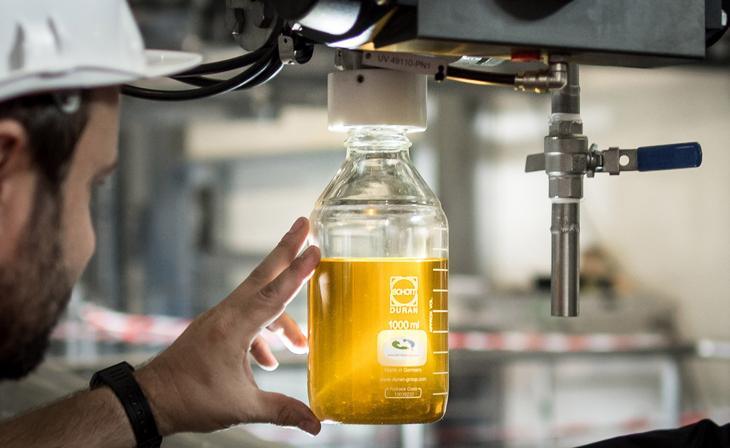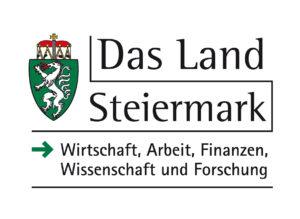BDI-BioEnergy International’s commitment to developing innovative technologies goes back decades. The company has clocked up many technology milestones, particularly in the field of biodiesel production using residual and waste materials. These include the first plants to be built in the world for biodiesel production that utilised spent cooking oils and fats from animal waste or fat separators.
The RepCAT (Repeatable Catalyst) process is based on a sustainable technology that uses a recyclable catalyst to produce biodiesel. The technology offers two distinct advantages: Not only does it improve the quality of the two end products, biodiesel and glycerine, it also decreases the consumption of operating resources. The RepCAT process uses both less energy and less water and does not require a new catalyst, as it can be recycled.
The company has now clocked up a further milestone: The BDI research team has also been able to convince the European Food Safety Agency (EFSA) that the RepCAT process is suitable for the recycling of high risk fat materials. This means the process can now be used for safe manufacture of biodiesel from heavily polluted animal fats, which are otherwise hazardous to the environment. The positive approval assessment was based on tests conducted jointly with the renowned University Medical Center Hamburg-Eppendorf.









